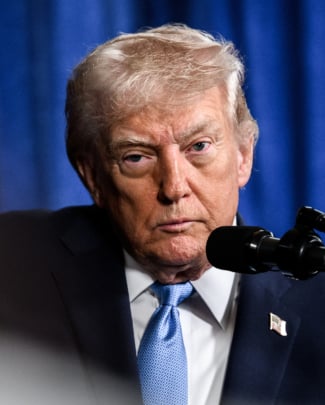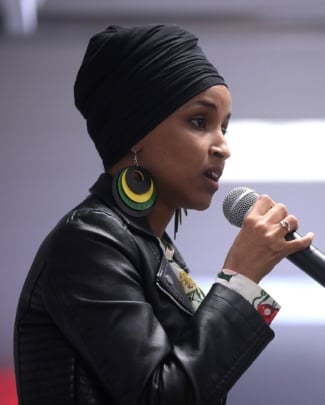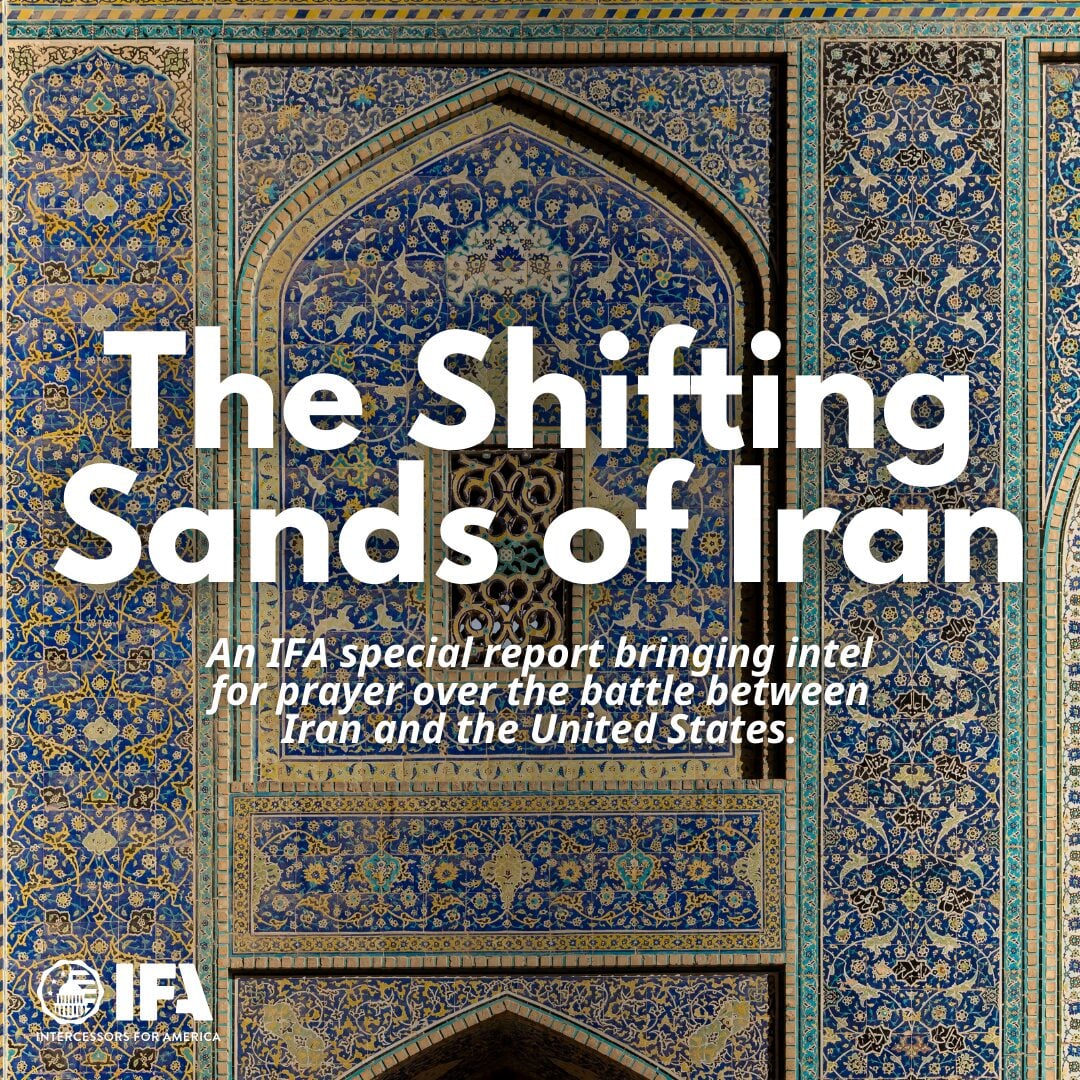QUARANTINES HAVE ALTERED THE NATURE OF MISSIONS OVERSEAS
OSAMA BIN LADEN WANTED ‘UNPREPARED’ BIDEN AS PRESIDENT, LEADING U.S....
SUPREME COURT INTERVENES IN WISCONSIN ELECTION LATE CHANGES
REOPENINGS EXPOSE RED STATE/BLUE STATE DIVIDE
TIKTOK FINED FOR COLLECTING PERSONAL DATA ON MINORS
QUARANTINES HAVE ALTERED THE NATURE OF MISSIONS OVERSEAS
In a world turned upside down, Kristiina Day greets another morning by prepping to teach her students online at an international school in Madrid.
Georgi Dugulescu dons protective gear, gloves, and a face shield before she heads out on food deliveries to elderly residents in Timisoara, Romania.
Jennifer Myhre climbs into her car for the 8-mile drive to Bundibugyo Hospital, a commute that’s changed from routine to risky. She worries that she and her husband, both physicians, may be stopped by Ugandan police because a required “COVID-19 Medical” decal has yet to arrive. The couple carries with them written permission from local officials for essential travel.
The whole globe is navigating life under the restrictions and threats of COVID-19, the disease caused by the new coronavirus. But missionaries who have accepted a calling to serve overseas—seemingly accustomed to hardship duty—also are navigating terrain that’s uniquely new. Most find themselves faced with random shortages of everyday supplies and enduring severe restrictions like curfews and limits on movement, not to mention the menace of the virus itself.
At the same time, the support systems they count on back home are strained. Mission administrators are working under stay-at-home orders, churches no longer meet, and family members themselves are at risk. Back in the States, college-age dependents have no classes to go to or homes they can get to. Aging parents seem more vulnerable than ever and impossible to reach physically. Most organizations have canceled short-term mission trips that provide needed help. Ongoing fundraising in the face of a global economic shutdown is daunting.
“How do we continue to call the North American church to care about the world?” said Matt Allison, director of operations at Serge, the Philadelphia-based missions organization the Myhres work with. “There are acute needs on the U.S. home front, to be sure, but they can become a tunnel that keeps us from seeing the rest of the world in this pandemic.”
Monitoring the pandemic for Serge and other agencies hit a crisis point when U.S. policies limiting travel began in March. First the State Department on March 14 authorized departure for diplomatic personnel around the world due to the rapid spread of COVID-19. Then—as the number of confirmed cases in the United States quadrupled from 2,800 to over 10,000 in five days—officials raised to Level 4 a global health advisory. It warned U.S. citizens against international travel and said Americans overseas “should arrange for immediate return to the United States, unless they are prepared to remain abroad for an indefinite period.”
The following week, the European Union closed its borders, a closure now likely to extend at least through mid-May, and possibly beyond. President Donald Trump banned European travel to the United States.
It was a “poignant moment” for many of the over 300 missionaries under Serge care, said Allison. Some workers had health issues, expiring visas, or family events that called for upcoming trips to the United States. Suddenly a trip planned in a few months had to happen in just a few days.
“In those first weeks we had to deal person by person to sort it out, there was no one-size-fits-all policy, and we wanted to be sure our people were where they needed to be,” Allison said.
Like Serge, most agencies WORLD contacted are reluctant to report specifics on missionaries due to security and privacy concerns. But most indicated fewer than half their missionaries made hard decisions to return home, while most decided to remain abroad.
Some dilemmas, said SIM administrative assistant Susan Snyder, were formidable. During the first weeks of travel restrictions, SIM’s North Carolina headquarters received prayer requests and letters from 169 of its missionary families in at least 38 countries, she said.
Many faced sudden separation from family members, including a handful who find themselves apart from spouses indefinitely. Others realized they had to leave the country where they serve without time to prepare or say goodbye. Altogether SIM workers faced a collective “heartbreak,” too, knowing that many around the world would be dying “without knowing the healing name of Jesus,” said Snyder.
“Our greatest work is still ours every day—the work of prayer,” said SIM international director Joshua Bogunjoko in a letter to workers. “Prayer knows no boundary, no quarantine, no confinement.” . . .
(Excerpt from World Magazine. Article by Mindy Belz.)
Partner with Us
Intercessors for America is the trusted resource for millions of people across the United States committed to praying for our nation. If you have benefited from IFA's resources and community, please consider joining us as a monthly support partner. As a 501(c)3 organization, it's through your support that all this possible.


We use cookies to ensure that we give you the best experience on our website. If you continue to use this site we will assume that you are happy with it. Privacy Policy




Comments
Father thank you for those who have chosen to serve you as missionaries. I ask for comfort, provision, health, and wisdom for those who have traveled to foreign countries to serve. Protect them and refresh them. Continue to use them to your glory.